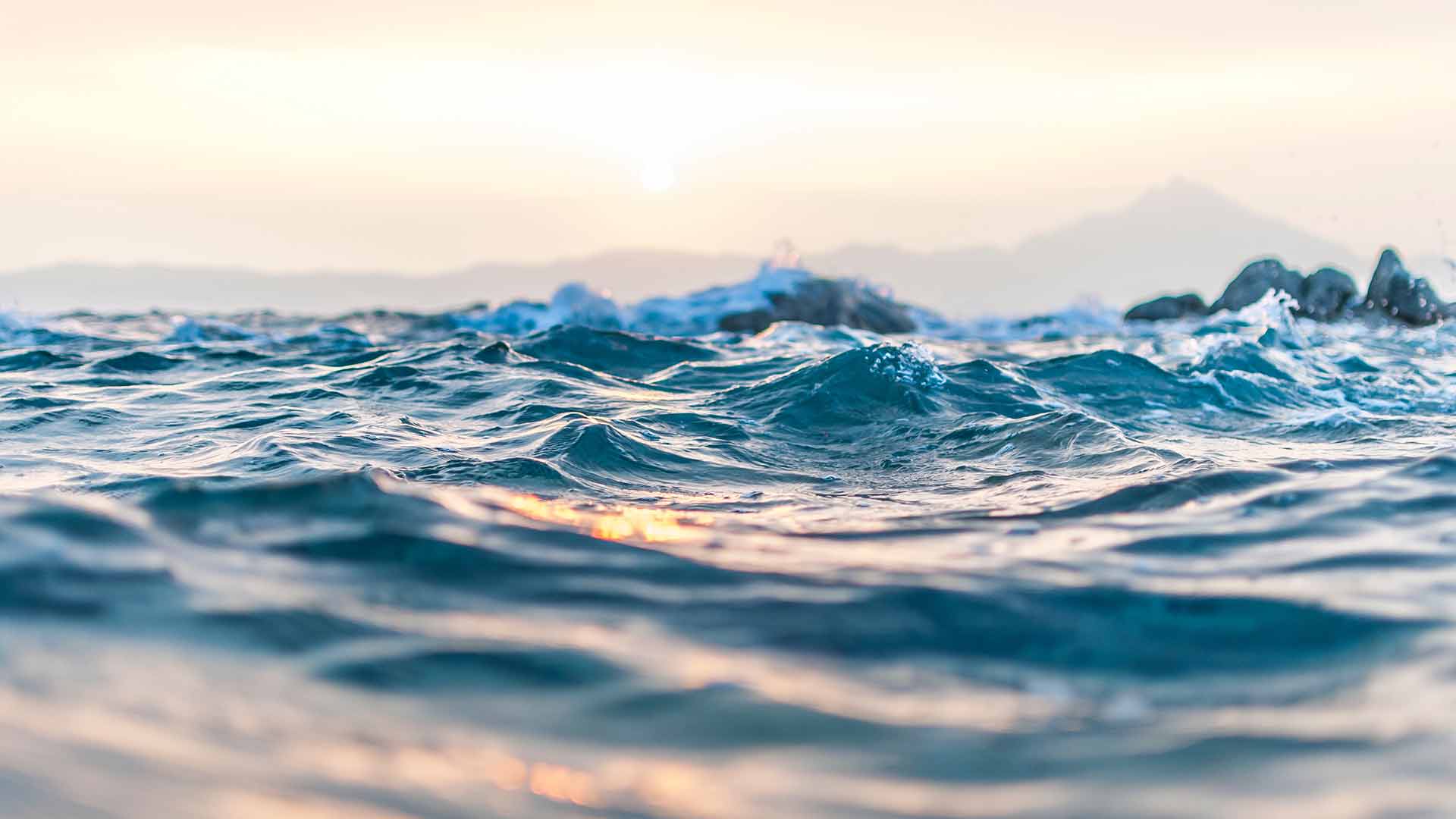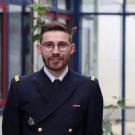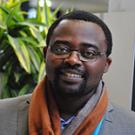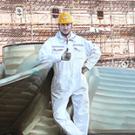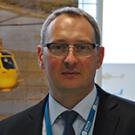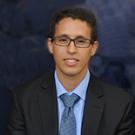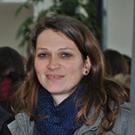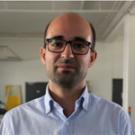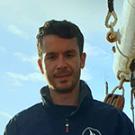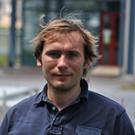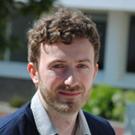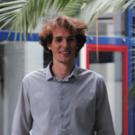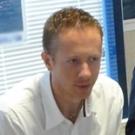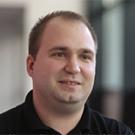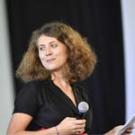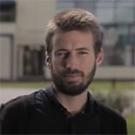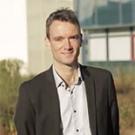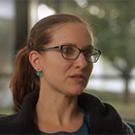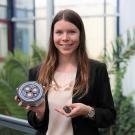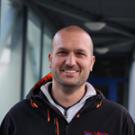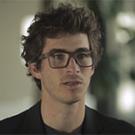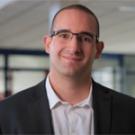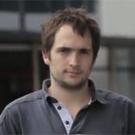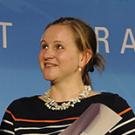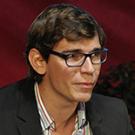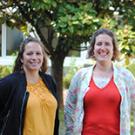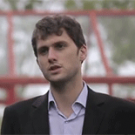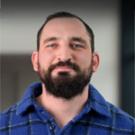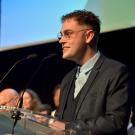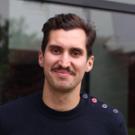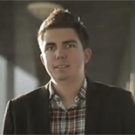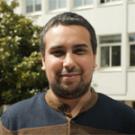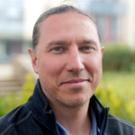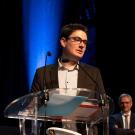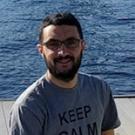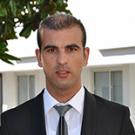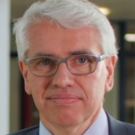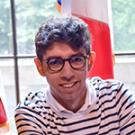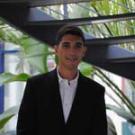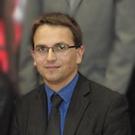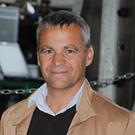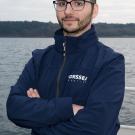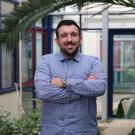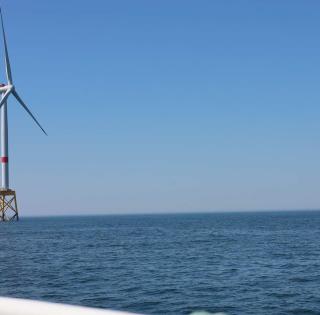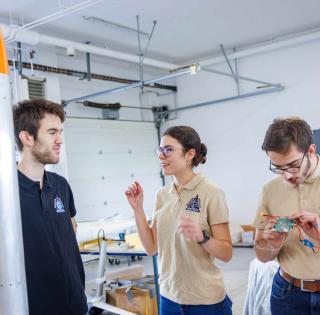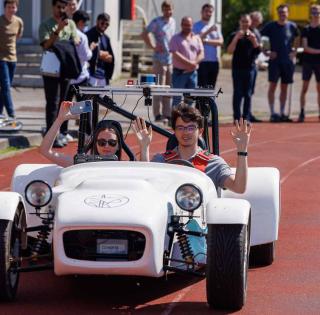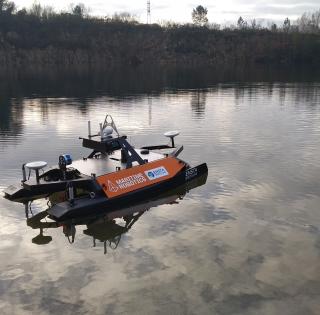
This national competition to promote professional ethics is jointly organized by the French divisions of the Rotary Club and the Conférence des Grandes Écoles.
Every year, they invite students (from bac + 3 to bac + 8) to question ethics in a professional context.
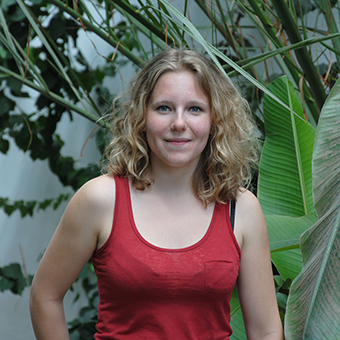
Noémie, why did you choose this theme of underwater mineral resource extraction?
It’s a theme I care about, on a personal level and as part of my studies. I am working towards the hydrography specialization in my second year, and the exploitation of marine mineral resources issue is very topical in this field..
Indeed, these minerals are being used in many new technologies and will be the linchpin in ecological transition. It is essential to encourage consideration of the ethical dimension in the debate about exploiting marine minerals as that was not done for previous resources (such as oil or shale gas). Today we know the consequences, and we can’t make the same mistake for these minerals.
What are the ethical problems raised in your essay ?
My essay examines several ethical issues: first of all, the fact that we should not be allowed to destroy what we do not know. The interesting minerals are found in deep sea trenches, between 3000 meters and 6000 meters depth. Until recently, researchers believed that no life was possible at these depths. However, it has been proved that rare species do live there, that we do not know and which could teach us an enormous amount of things. Do not forget that the oceans are very poorly mapped and we know more about the planet Mars than we do about deep sea trenches.
We do not know what the impact will be of underwater resource extraction on the oceans on a global scale. Moreover, I also talk about the concept of “contract between the generations” which has currently been broken if we take the example of oil. One generation has taken the resources which took several million years to form: thus I stress the need for ethical debate on the subject of marine minerals so that future generations can live in a certain energetic stability.
Finally, I finish my essay explaining that before going to look for metals at a depth of several kilometers, we should start by looking around us: they are present in our phones, our computers…Recycling appears to be the solution which satisfies economic, social and ethical requirements and should be more systematic. Finally, I finish my essay explaining that before going to look for metals at a depth of several kilometers, we should start by looking around us: they are present in our phones, our computers…Recycling appears to be the solution which satisfies economic, social and ethical requirements and should be more systematic.
Before working on this subject, what view did you have of this sector? Has it changed since?
I had already read some works on the subject before starting my essay, especially "Les ressources minérales marines profondes", by Yves Fouquet. Thus, I knew what to expect when I embarked upon this project.
The part of my essay which I was really passionate about was the recycling: that shows that tomorrow’s engineers can really improve the climatic situation through using what is around them. Finally, this race between different states to obtain marine minerals that has existed over the last few years is only the extension of what we are currently experiencing…the hyperconsumption and waste of fossil fuels. In any case, I feel that thinking about these issues has given my scientific training meaning.
Will the reflection and research that you have led have an impact on your choice of engineering career?
Yes, absolutely. Thinking about the ethics has enabled me to realize something essential about my training : the engineer is not just a creator of innovations which consume fossil fuels. He can also put his knowledge to changing and improving the climate situation and sustainable development, so that future generations do not live to see a planet bled dry because of over consumption. If I sum up what writing this essay has brought me, I would say that it renewed my faith in the place that the engineer holds in society.
Finally, what made you take part in this competition ?
For me, ethical reflection is totally appropriate in scientific training. Thus, it is essential to ask questions about the way progress is going. I saw this competition as a way of expressing something of primordial importance for me, and highlighting the current concerns of student engineers: our ideals of preserving terrestrial resources are often in conflict with the expectations of the job market, and many of the students in my year, like me, want this to change.






